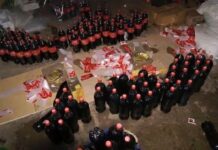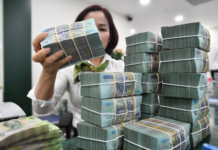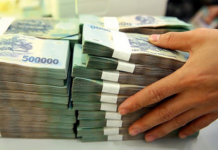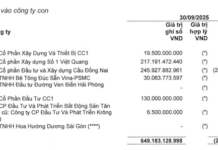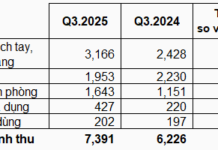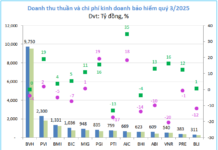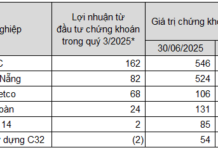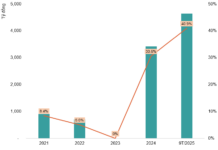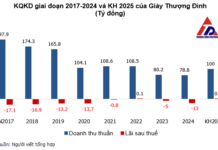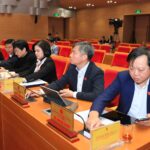In the heart of Dong Nai, a province in Vietnam, a large construction site stands as a silent testament to a high-stakes standoff that endangers the country’s energy aspirations.
The Nhon Trach 3 and 4 Thermal Power Projects, once touted as Vietnam’s pioneering venture into liquefied natural gas (LNG) power generation, are now entangled in a bitter land dispute, bringing the $1.4 billion project to a grinding halt.
Unraveling the Crisis: The Land Lease Conundrum
At the eye of the storm lies a 30.7-hectare plot of land—a seemingly insignificant tract that has become the focal point of a clash between state-owned PetroVietnam Power Corporation (PV Power), the project developer, and Tin Nghia Corporation, the entity in charge of the Ong Keo Industrial Park where the project is located.
PV Power, having already completed a substantial 85% of the project and secured an impressive $1.2 billion in financing, now finds itself in a precarious situation. The company is unable to obtain a lease agreement for the remaining land, a critical step necessary to access their loans and finish the project.
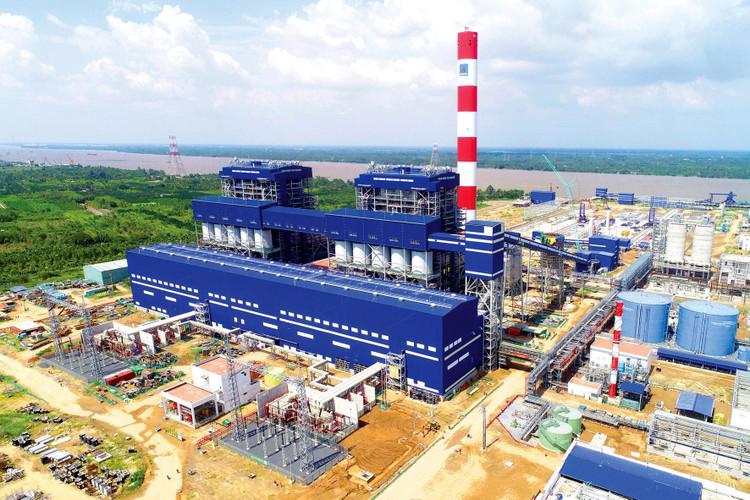
Soaring Land Costs and Their Impact on Consumers
The bone of contention is the exorbitant land lease rate demanded by Tin Nghia, which PV Power’s chairman, Le Manh Hung, describes as “unreasonable” and nearly 30 times higher than the rate they pay for an adjacent plot. Mr. Hung warns that these inflated costs will ultimately be shouldered by consumers in the form of higher electricity prices.
He emphasizes, “We cannot operate a project with two different land lease regimes. With such high land rental prices, the resulting electricity prices will be unacceptable to consumers.”
Adding to the complexity is the fact that the Dong Nai Provincial Party Committee has a partial ownership stake in Tin Nghia, slowing down the bureaucratic process of resolving the dispute. Meanwhile, the delays are costing the nation dearly.
Economic Repercussions and Energy Security at Stake
The Nhon Trach 3 and 4 projects are not just ordinary power plants; they are pivotal to Vietnam’s energy security strategy. Together, they are expected to generate 9 billion kilowatt-hours of electricity annually, providing power to millions of homes and businesses across the country.
The success of these projects is also seen as a harbinger for Vietnam’s nascent LNG sector, potentially impacting a dozen other LNG ventures in the pipeline. The delays have already resulted in significant financial losses, affecting both PV Power, which is under pressure to meet financing deadlines, and the provincial government.
With a June deadline looming for PV Power to draw down on its loans, the urgency to resolve the land dispute intensifies.
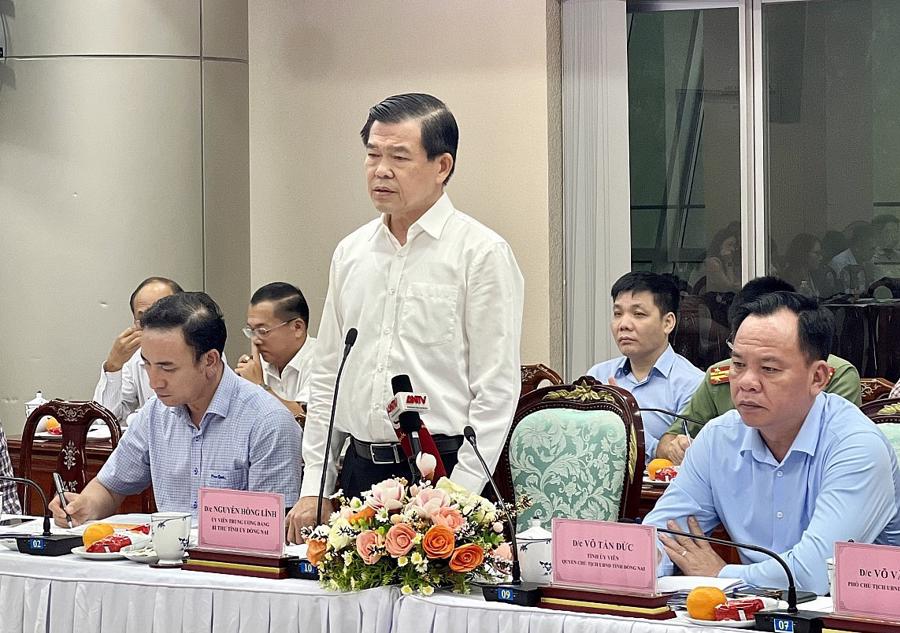
Widespread Impact Across Industries
The project’s woes extend beyond the energy sector, sending ripples through Vietnam’s construction and manufacturing industries. The power plant’s construction has been a source of thousands of jobs and economic stimulus in the region. Its completion is eagerly anticipated by industries dependent on a stable and affordable power supply.
Moreover, a failure to resolve the dispute could tarnish Vietnam’s reputation as an attractive investment destination. Foreign investors, who have injected billions into the country’s energy sector, are closely observing how the government navigates this crisis.
Government Intervention Offers a Glimmer of Hope
Vietnam’s top leadership has taken notice of the stalemate. The Minister of Industry and Trade, Nguyen Hong Dien, who heads the state steering committee for key energy projects, visited the Nhon Trach site and urged a swift resolution to the dispute. He emphasized the project’s critical importance to the nation’s energy security and called for overcoming obstacles to ensure its timely completion.
The Dong Nai Provincial Party Committee has also stepped in, instructing Tin Nghia to propose a feasible solution that addresses PV Power’s concerns while protecting the province’s interests. The Minister has set a deadline for the Dong Nai authorities to present the land use right certificate to PV Power by the end of May 2024.
Leadership, Compromise, and the Future of Vietnam’s Energy
The Nhon Trach project has become a test of Vietnam’s leadership and its ability to balance competing interests. The outcome of this dispute will not only decide the fate of a single power plant but could also influence the trajectory of the country’s energy future.
For PV Power, the stakes are clear—their reputation, financial stability, and future ventures hang in the balance. Tin Nghia, on the other hand, has an opportunity to demonstrate its commitment to the province’s development and its willingness to find a mutually beneficial solution.
Ultimately, resolving this crisis requires both parties to set aside their differences, prioritize the national interest, and ensure a reliable and affordable power supply for the people of Vietnam. Time is of the essence, and the nation awaits a positive outcome.




